Principle 2
We are not the centre of the Universe but we are part of it. All living creatures are our brothers and sisters, and we are the potiki, the last born. Papatuanuku is our mother. We must care for them.
That’s the second great delusion we have to confront and deal with. We are not the centre of the universe as we make ourselves out to be! We are not nature’s greatest achievement, with the right to dominant and take whatever takes our fancy, even if we call it a need. That’s the myth, more than anything else that is destroying the world, or at least our chance of continuing to survive in it. We have presumed the right to take what we need without much heed of the consequences, all the time taking for granted that the planet’s resources are inexhaustible. Now we know for sure that is not so. It’s time for a massive rethink of our place in the world.
We need to remind ourselves where we fit in the whole history of life on Earth. The human race only came to prominence after the last Ice Age, which ended only 12000 years ago. Before that we were just another species of mammal, competing for existence along with all the others. Will we survive the next Ice Age? It is inevitable that it will come, and all the sooner because of the way we have treated Mother Earth and all other living creatures. Even the land and the sea, the mountains, the rivers and lakes, bear the scars of our dominance.
We humans, homo sapiens, are a climax species. Climax species increase and increase until they end up destroying the environment they need to survive, and then the population collapses, even possibly to the point of extinction. That’s the track we are on. We won’t be the first species to do that. Maybe extinction will be the end result of our greatness, our dominance, our conquering of the world of nature, or so we think. The planet survived the extinction of the dinosaurs; it will carry on even if we make ourselves extinct, and in time restore the biodiversity that we have helped to destroy.
We can avoid that by accepting that we are part of the network of life, and that we need that whole network to thrive if we are to thrive. We must also accept that of all the network of living beings that populate the Earth that we are the potiki, the last born, and that the animals and plants we need to sustain ourselves are our tuakana, our seniors, and that we must consider their rights even as we lay claim to our own. Every living creature has rights, not just us. So do lakes and rivers, forests and wetlands, and all the living creatures, from the biggest to the tiniest, that make the earth their own..
The first right is to live.
That means we need to give as much as we take, to maintain the balance of life. That’s known as the “principle of reciprocity”. It is the key to sustainability. In the long term to ensure our future we need to care for the other living creatures who share our world, and the resources from the Earth we all need to survive.
Hopefully the Covid 19 virus will bring us to our senses. The whole of human life has been upset, not by some present day warlord who has unleashed the power of modern weaponry on his fellow human, or the total collapse of the world monetary systems, or some cataclysmic weather event that has rearranged the weather patterns of the whole planet. These are possibilities we have long feared, and they are all manmade. But no, we have been stopped in our tracks by a virus so small that it can only be seen by powerful microscopes, or so primitive that we don’t even know how to slow it down let alone combat it.
We are not the masters of creation. We are more like a helpless child who depends on the wellness of those around it to ensure his survival.
Plants have rights: The Review of the Plants Varieties Act 2019:
In 2019 Maori challenged the Crown over the way that the Ministry for Business, Innovation and Employment (MBIE) had handled the review of the Plant Varieties Act. To Maori, plants are tuakana had rights, and they could not be used, developed, commercialised, etc., without consideration of those rights.
Principle 2 of the Treaty of Waitangi directly challenges the way humans have utilised the planet’s resources. It challenges us to rethink our relationship to the Earth and all the resources and life that lives there. We are not playing with words or philosophical concepts; this is for real. Our rights only exist within the context of the rights of all others in the network of life of which we are a part. The ultimate rights are those of Papatuanuku, the Earth Mother.
A lot of the anger that Maori feel, even today, is not that Pakeha have taken the land. The conquest of one tribe by another and the land confiscation that followed had long been the part of Aotearoa’s history before European settlers arrived. The anger is over the fact that the new comers have abused the land, treated it as a thing to be exploited, not as Papatuanuku, the mother of life. You don’t treat the whenua like that; it destroys our future.
The time has come to think through what that really means in practice, and make the changes that demands. We need to do that for our survival. Our survival depends not on domination, but learning to live and share with all living beings, and most of all treasuring Papatuanuku.
- Pa Ropata / Rob McGowan 2020


